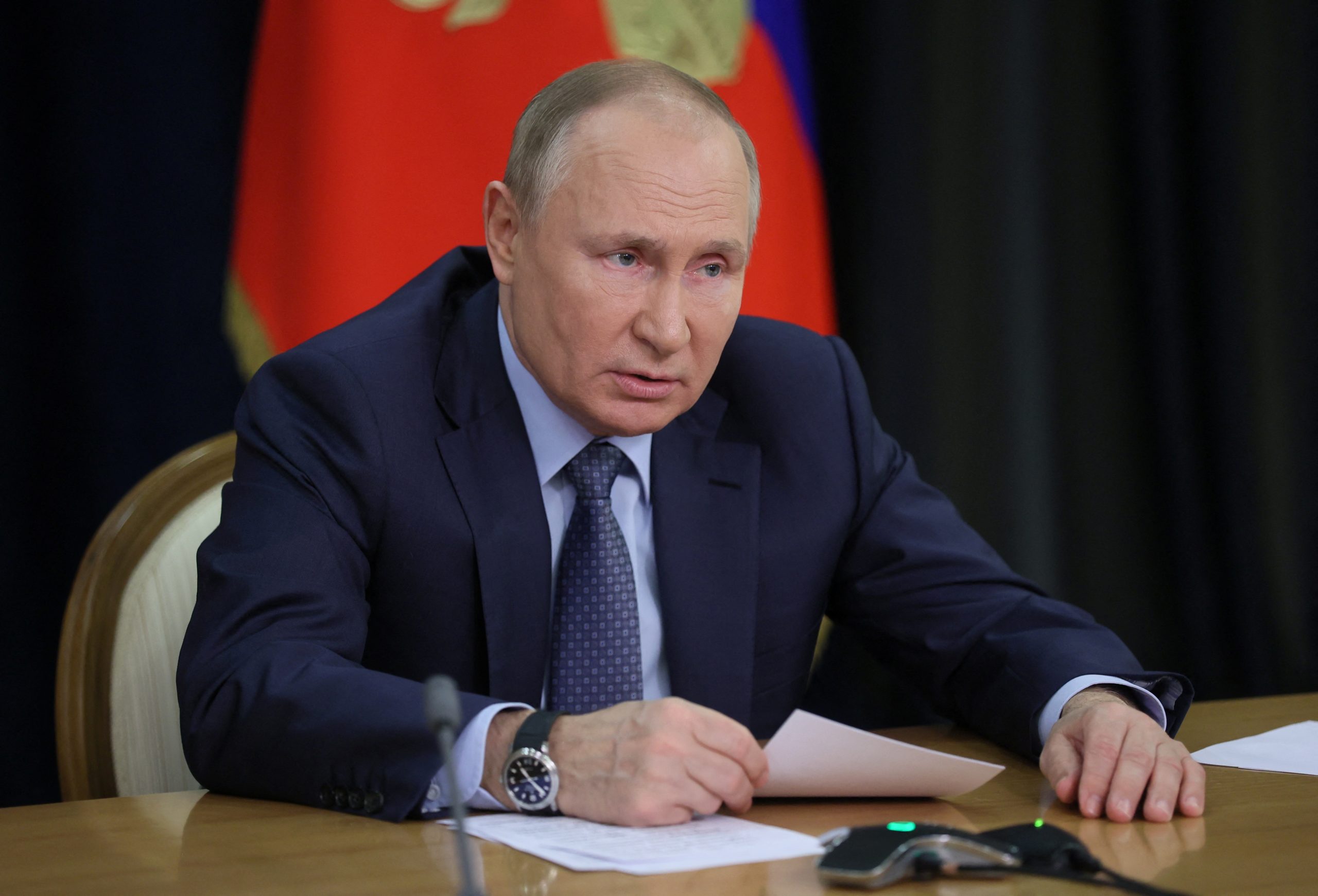
Willie R. Tubbs, FISM News
[elfsight_social_share_buttons id=”1″]
Monday, following a weekend in which the world’s economic powers combined to issue a stern warning to Russia regarding its dealings with Ukraine, tensions among Russia and the West showed no signs of cooling.
As first reported by Reuters, Russian President Vladimir Putin’s phone call with British Prime Minister Boris Johnson provided no comfort to observers concerned about Russia’s build-up of troops along the Ukraine border.
U.S. intelligence has warned that Russia appears to be preparing for a massive, multi-front invasion of Ukraine as early as next year.
Putin is reported to have told Johnson that member nations from the North Atlantic Treaty Organization were threatening his nation while Johnson warned that Russia faced dire consequences if it chose to advance on Ukraine.
“(Johnson) expressed the United Kingdom’s deep concern over the build-up of Russian forces on Ukraine’s border and reiterated the importance of working through diplomatic channels to de-escalate tensions and identify durable solutions,” a statement from the U.K. government reads. “The Prime Minister emphasized the U.K.’s commitment to Ukraine’s territorial integrity and sovereignty and warned that any destabilizing action would be a strategic mistake that would have significant consequences.”
Monday’s rancor largely reflects what occurred on Sunday, as members of the Group of 7, the seven most advanced economies in the world, called for Russia to stand down at the Ukrainian border.
In a joint statement the leaders of Canada, France, Germany, Italy, Japan, the United Kingdom and the United States said they were “united in our condemnation of Russia’s military build-up and aggressive rhetoric towards Ukraine.”
“We reaffirm our unwavering commitment to Ukraine’s sovereignty and territorial integrity, as well as the right of any sovereign state to determine its own future,” the statement reads. “We commend Ukraine’s posture of restraint.”
The nations also promised to “intensify our cooperation on our common and comprehensive response.”
France 24 reports that new German Chancellor Olaf Scholz has threatened that if Russia escalates tensions in Ukraine further, he will prevent Russia from completing the construction of massive gas pipeline into the European Union.
Last week, as reported by FISM, U.S. President Joe Biden attempted to persuade Putin in a video call, though he had as little luck as his European counterparts in affecting even tepid peace assurances.
Russia is not without allies, and Putin wasted little time in announcing his plans to meet with Chinese President Xi Jinping in a virtual call Wednesday. This announcement was confirmed by Wang Wenbin, China’s Foreign Ministry Spokesperson.
“The two heads of state will take stock of the bilateral relations and cooperation outcomes over this year, make top-level design for the relations next year, and exchange views on major international and regional issues of common concern,” Wang said. “We expect and believe that this video conference will further enhance our high-level mutual trust, vigorously promote China-Russia ‘back-to-back’ strategic coordination and the robust development of all-round practical cooperation. This will provide more stability and positive energy for the complex and fluid international landscape.”
Wang’s “back-to-back” remark was in reference to an earlier announcement that Russia and China would unite in response to growing tensions with the U.S. and its allies.
